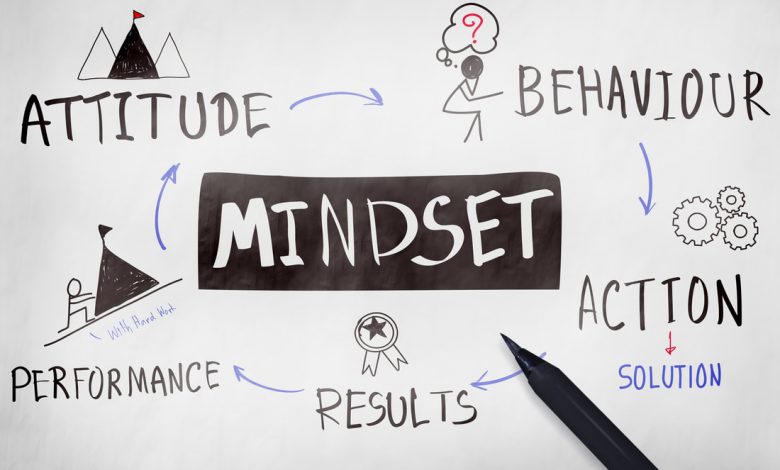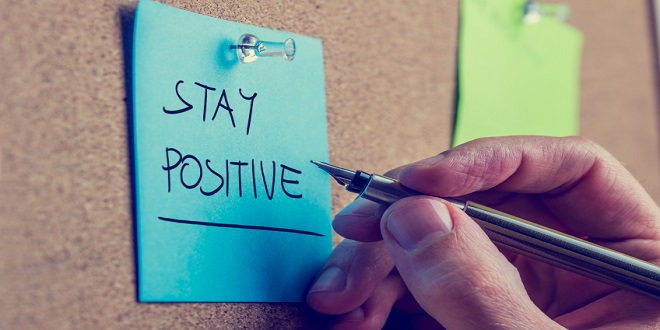How to cope with the New Norm


Zen in the Workplace
Zen is a state of attentiveness in which one’s actions are guided by intuitiveness rather than conscious effort. Without going through the years of strenuous meditation practice that Zen discipline implies, it is possible to use some simple guidelines for our daily lives to relieve some of the stress that comes with today’s hectic lifestyles.
For starters, in the workplace, one should focus on one and only one thing. We are often overwhelmed when we take on tasks to an excessive extent even though in truth it is not as important as we think it is.
Which brings us to our query, what good will it do us if we are always trying to multitask?
The most common outcome is that the majority of the tasks will be left undone, half-complete or be forgotten. Leo Babauta, who has been blogging about Zen habits and how to make use of them in our livelihoods, has suggested that we should let go of the ideas of how things should be, how other people should behave to make you happy, and how you can do everything at once — then the problems would go away.


One ultimate goal everyone should adopt is learning to let go.
When a problem arises, don’t blame anything or anyone. Instead, consider taking a more rational approach such as paying close attention as to why it happens. Then try to sort things out and move on. This is so that even if things go haywire, we will have control over how to handle the issues.
‘Letting go allows the problems to disappear’
Another issue we deal with often is we often pin our hopes on others. According to Leo Babauta in his article ‘Becoming Emotionally Self-Reliant’,
“We look for happiness from others, but this is an unreliable source of happiness. Other people will come and go, or they’ll be emotionally unavailable for their own personal reasons. It’s not their job to fill our emotional needs.
“Our co-workers and boss aren’t the problem either: they’re just other human beings trying to do the best they can in this world. It’s our holding on to the idea that they should somehow behave a certain way, that they should do their best to make us happy, that causes us anger and irritation.”
As attested by Robert Pirsig, who authored Zen and the Art of Motorcycle Maintenance, there are two types of thinking: the Classical and Romantic mode of thought.
“Classical” thinkers are fascinated by scientific method, logic and mathematics while “romantics” rely on emotional, inspirational, imaginative, creative modes of life.
Which one are you?
Keeping to the motto of ‘Think with Your Head, Not Your Heart’, the classical mode of thinking encourages order and brings control to the disorienting world.
It is no secret that many of us long for a stress-free life where all that is required is sufficient sleep, going to school or work, and play time which is every kid’s favourite (adults play too in different ways!). However, most of us are still never content! Why is that?
“It is normal to feel unsatisfied with things that we already have and it is most likely due to one’s hunger for more. We, as an individual, crave creativity and often expect big returns with minimal efforts,” a 23-year-old who is currently interning at Leo Burnett opined.
To put it more simply, you have to get out of your own little bubble to see a bigger world.
The pandemic has affected us badly, in ways we could not possibly imagine. Not to mention its severe impact on our economy, the changing work environment may also lead to reduced productivity.
Now, the big question here is how to go on and about with our lives?
We asked Dr Adeline Kok, an Associate Professor of Quest International University and Alex Lim, Programme Coordinator for Bachelor in Psychology (Hons) who shared some insightful perspectives.
“To me, what is important is to have a healthy body and mind so that I can bring positivity to work. I practice yoga and eat healthy. I surround myself with a good environment whereby I enjoy happy times with my fur kids and my lovely garden. With that, I’ll be able to embrace the new norm with a positive approach at work,” the Associate Professor expressed.


Asked for advice in terms of control during a pandemic, Alex highlighted that, “While the pandemic presents an unprecedented and daunting ordeal, the principle of ‘only worry about what you can control’ stays relevant.”
He further elaborated his personal experiences. The few questions he would usually ask himself when he feels anxious, sad or frustrated when facing a difficult task are:
- What can I do to resolve the task?
- Out of these steps to resolve the task, can I do everything?
- Do I need to ask for help? From whom do I need to ask for help?
- What are some things that I can’t do anything about or have no control over?
For example, if you are facing joblessness, you know that you can search for suitable jobs on the newspapers or online and write resumes to fit the job description. To ensure the quality of your resume, you may ask an experienced friend or family member to review your resume. These are to increase your chances of getting a job, but ultimately you do not have control over whether you will be hired. That would be up to the employer.
“How should we take care of ourselves? Things have changed, now everyone has to work from home, learn and adapt to new things.
We never like change; and learning something new siphons our physical and mental energy. Therefore, it is important to take breaks in between. Studies have shown that you can maintain an optimal level of work efficiency, if you take 15 minutes for every 45 minutes of work. In that 15 minutes, you can meditate, listen to your favourite music, watch some funny cat videos online, or take a walk outside. Allow yourself to recharge before diving back into your responsibilities. If you can’t give yourself 15 minutes, then give yourself 5 to 10 minutes of rest.
“Overworking yourself only hampers your end-product,” he stressed.
Gisele Soo


